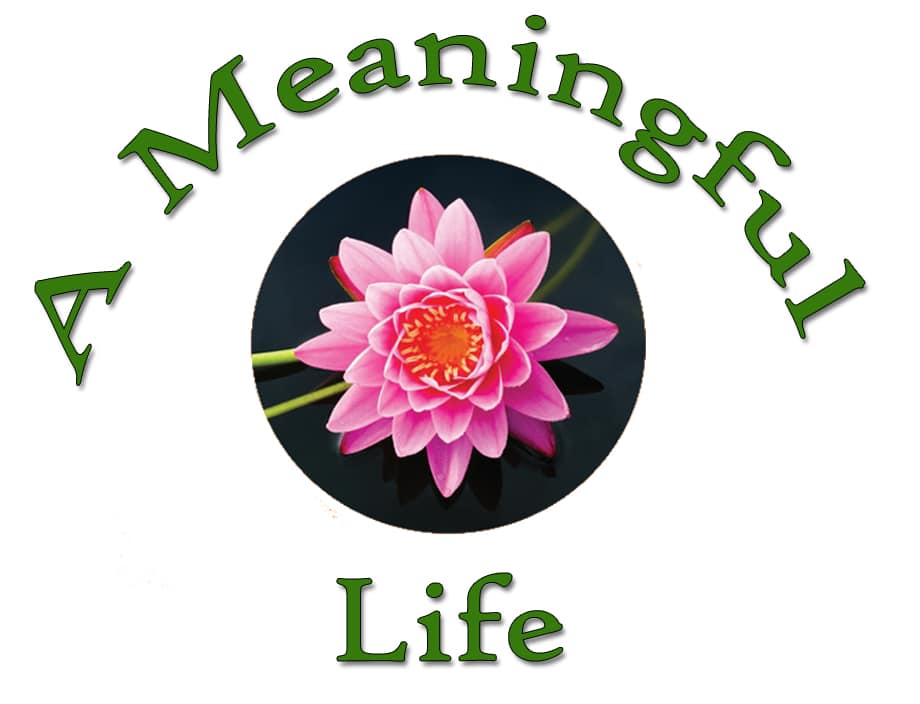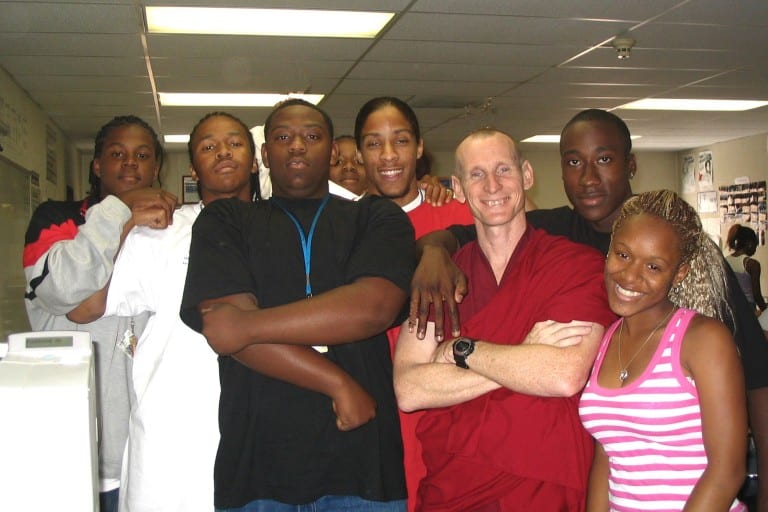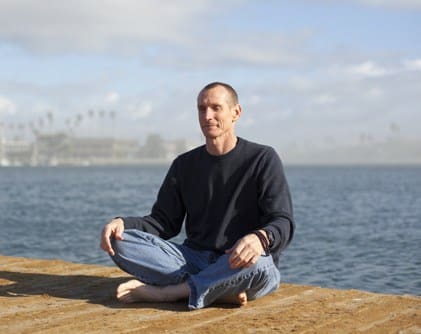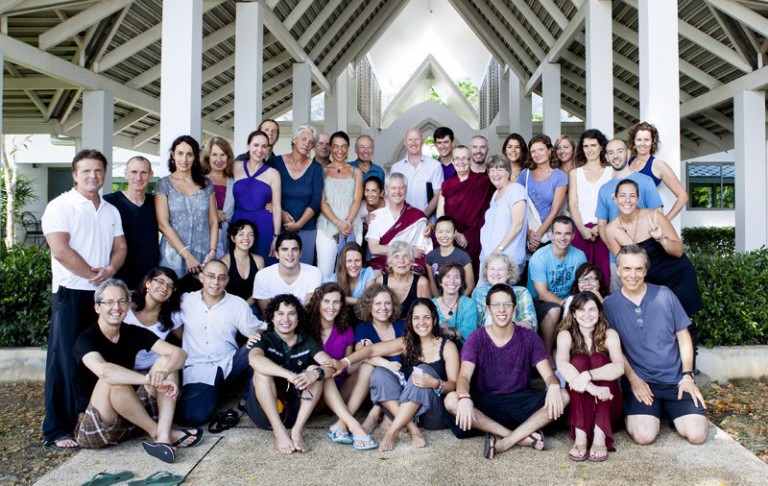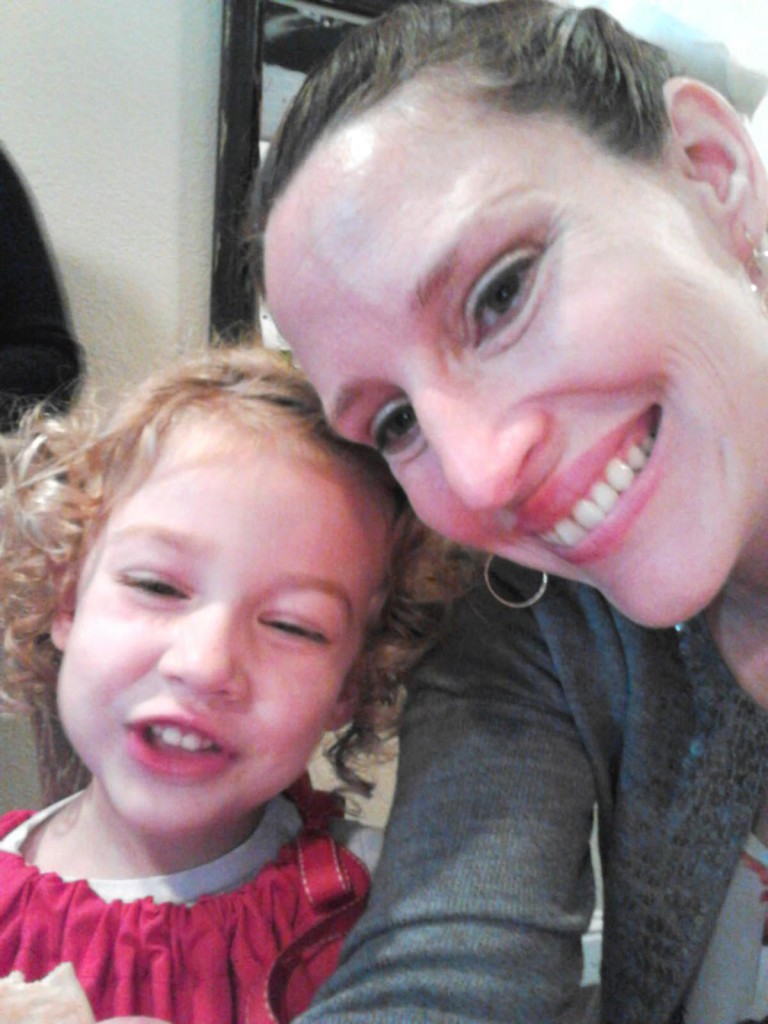Enjoying life and suffering less
“Overcoming attachment does not mean becoming cold and indifferent. On the contrary, it means learning to have relaxed control over our mind through understanding the real causes of happiness and fulfillment, and this enables us to enjoy life more and suffer less.” Kathleen McDonald
There is a lot of confusion around the term attachment when it is used in relation to our sense of happiness and well-being. We can all recognize that the degree to which we are attached to people, things or activities in our lives will have a direct impact on our level of happiness and suffering. When we have the things that we are attached to, we are happier. When the people we are attached to treat us the way we like, we are happier. When we are able to engage in the activities that we are attached to, we are happier. Of course, the opposite is true. When the things, people, and activities we are attached to are not available to us in the way we would like, we suffer. Throughout our lives we can observe this dynamic playing time and again.
Sometimes, as a result of being hurt rather deeply, some people try to avoid developing attachments by not caring too much about others or activities, becoming somewhat cold and indifferent. As today’s inspiration reminds us, this is not what it means to overcome attachment. Developing non-attachment is different than being detached. It does not mean that we do not care for the people, events and conditions in our lives. In fact, with non-attachment we can be more deeply engaged with them and appreciate them more because we are not attached to them in an unrealistic way, and not seeing them as the source of our happiness. The root of our attachment to people, things and activities is a misperception that they are the true source of our genuine happiness. As a result of this misperception, we cling to them, worry over them, and try to shape them to give us pleasure.
As we know, at least intellectually, the true source of our genuine happiness is not our outer circumstances, it comes from how we engage with them. It is very difficult to make healthy and beneficial choices that promote lasting well-being when we are attached in such an unrealistic way. Out of such attachment, we want our loved ones to act in a particular way, perhaps in a way that makes us happy and may not be the best for them. In developing non-attachment, we loosen our grip on misperception, remembering that happiness is in us not in things or others, and arises from engaging with them in ways that are in alignment with our values and that we find meaningful. Instead of being cold and indifferent, this allows us to be more loving and engaged.
I invite you to notice your attachments and how they impact your feelings of happiness or frustration. When they arise, explore the root of your attachment and see how realistic it is. Could you be happy without that thing or person doing what you would like? John Bruna, July 15, 2016

